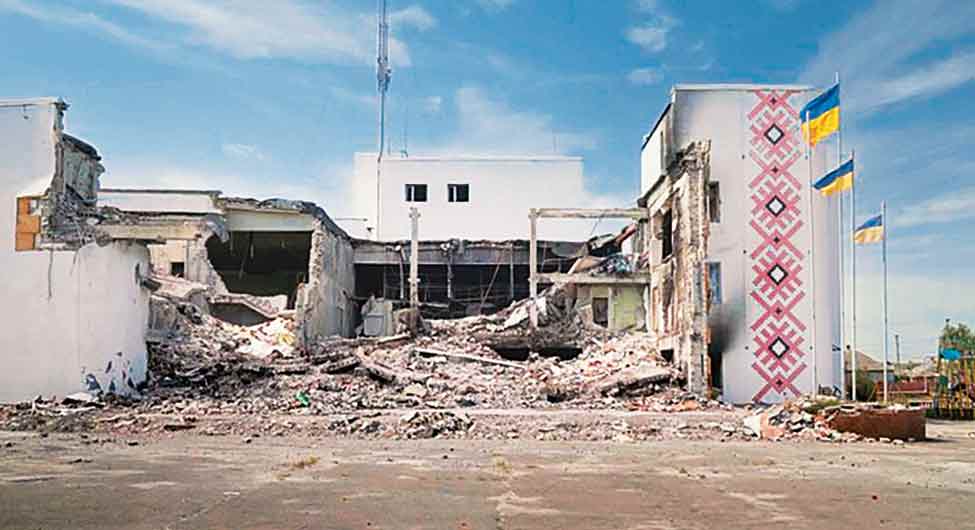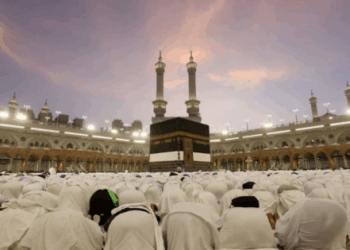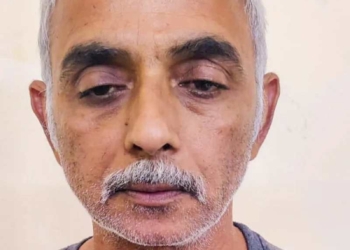The Ukrainian writer, Ouksana Zabuzahko writes in her classic book Fieldwork in Ukrainian Sex, “The choice of Ukraine (is intended by the struggle of Ukraine) is between absence and existence that destroys you.” Since the Russian capture started in February 2022, there has Some of them show this struggle straight, and some indirectly. These documentaries highlight various aspects of Ukraine’s struggle, including damage during Russian occupation and its effect on the lives of Ukrainian people. They inspect it deeply and sadly on ‘Ukrainian choice’. The best documentaries go beyond harsh facts and data and provide a deep, mental and emotional feeling. One such film is from Oksana Karpovich. The film, titled Intercepted (2024), reflects their conflicts by highlighting the mental state of Russian soldiers posted in Ukraine. The film describes the condition of the north of Kiev before moving towards South and East. Which is clearly the path of attack. When Russia invaded Ukraine, Carpovich was working as a producer for Al Jazeera in the country. Ukrainian security agencies intercepted the phone calls of Russian soldiers. These included calls made at home to his family members. Soon, these audio clips were made public. Carpovich searched the same audio clips of 30 hours and went out to imprison the deserted land with members of Namtra. The film is made by combining the geographical landscape of Ukraine with recorded calls from March to November 2022.
The confrontation between the sound and the image creates sometimes scary or sometimes disturbing environment. When the calls of Russian soldiers are combined with normal views of daily life of Ukrainians, deep pain arises. These voices and visuals reflect the feeling of isolation and emotional crisis. It seems as if a healthy, sympathetic response to excessive cruelty is being tested and the ability to endure violence is being judged every day. There is no direct form of violence in the film. Rather, a ghost shadow hovers over the atmosphere. It looks clear in the missed or left scars. For example, there is a separate impression of the destruction in every part of the country. The houses look as if they have either been emptied in a hurry or they were left in their condition.
In tapped phone calls, what comes to mind especially is a feeling of right to atrocities being done during duty in the conversation of Russian soldiers. Also, the conflict between their mental state’s gradual breakdown. Soldiers expect safety and support from their family’s women- mother and wife, so that the occupation can be justified. There is no sense of excitement or duty in the voice of any of these men. He has thrown himself deep with things so that he can fulfill his duty quickly and return home. They compare their missions in the dark. But since they are committed to this, now they have no way to turn back. They can be killed by their people by trying to retreat or run away. It will also be betrayal.
However, it is not clear to them what they are free. Why did he capture Ukraine? Asking for which “purpose” they are fighting, they experience disappointment and defeat. They know that people have no cost for Putin. When the wife of a soldier explains to him against despair and surrender, he says, “It is all about winning the ground.” Often, the practical thinking of people waiting for the return of her loved ones at home affects more deeply than the scenes of destruction. The wives and mothers of soldiers inspire them to rob as much things as possible- makeup, sneakers, laptops “which is, take everything.”
Signed under protectionism, how has the artillery of the state promotion entered the mind of inhumanity of citizens? When the disappointment of a soldier is exposed, his partner tries to remind him that his actions are necessary, even if they are cruel. Then a mother is also justified to shoot while walking with her children. “The mother also falls in the enemy category,” says the wife of a soldier without any sentimentality. However, the documentary is cautious and doubtful for Ukrainians to show compassion among the Russians. They have deep hatred and jealousy in their mind due to low pleasure or material than Ukrainians. The Russian Army recruited soldiers on a large scale from areas suffering from poverty. His initial responsibility came out of this anger and bitterness. But this feeling cannot rest during the whole war.
If the interceptic documentary misses the Ukrainian perspective clearly somewhere, another circle of Olha Zurba Songs of Slow Burning Earth (2024) explains it directly and clearly. Later urged, one of the important scenes comes finally. A thousand kilometers away from the battle land, in a high school, students are asked, “Do we have the right to dream, feel happy, while Ukraine is in war?” The program may be stinging, but the answer comes as fast, “Yes.”
There is an opportunity to imagine the future of Ukraine. But, instead of a detailed approach, Ukrainians see their future within a limited time limit. It is not a matter of future decades, but only a few years evaluated. They cannot see beyond the narrow concept of time. Nevertheless, the burden of imagining the future is only on them. Peace, a prosperous and independent country where there are no boundaries, development and freedom – this is the person who has desire. “What are you ready to do for this?” The teacher asks. Just after this, school children, youth are shown giving military training somewhere in Russia. This contradiction immediately affects.
Film Songs of Slow Burning Meaning, while moving away from the frontline, goes to the extraction centers and full capacity trains, reduces its speed in some accurate and thoughtful moments. Throughout the film, we sees the families mourning, destroying cities, and playing with debris, even though the warnings of air strikes echo in the air.










